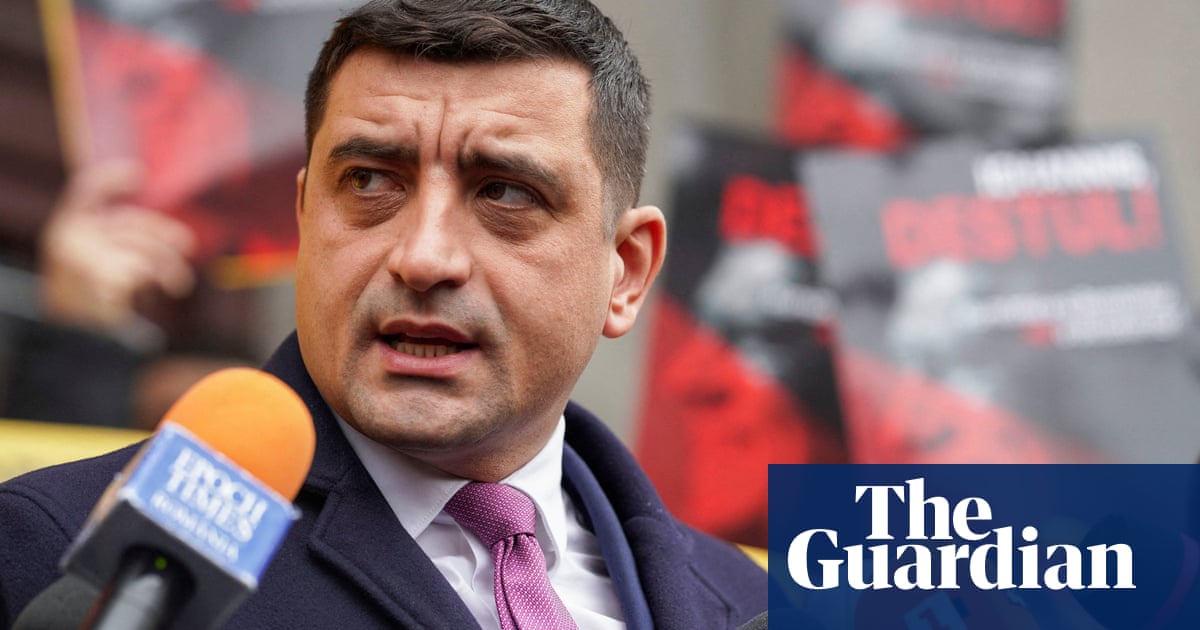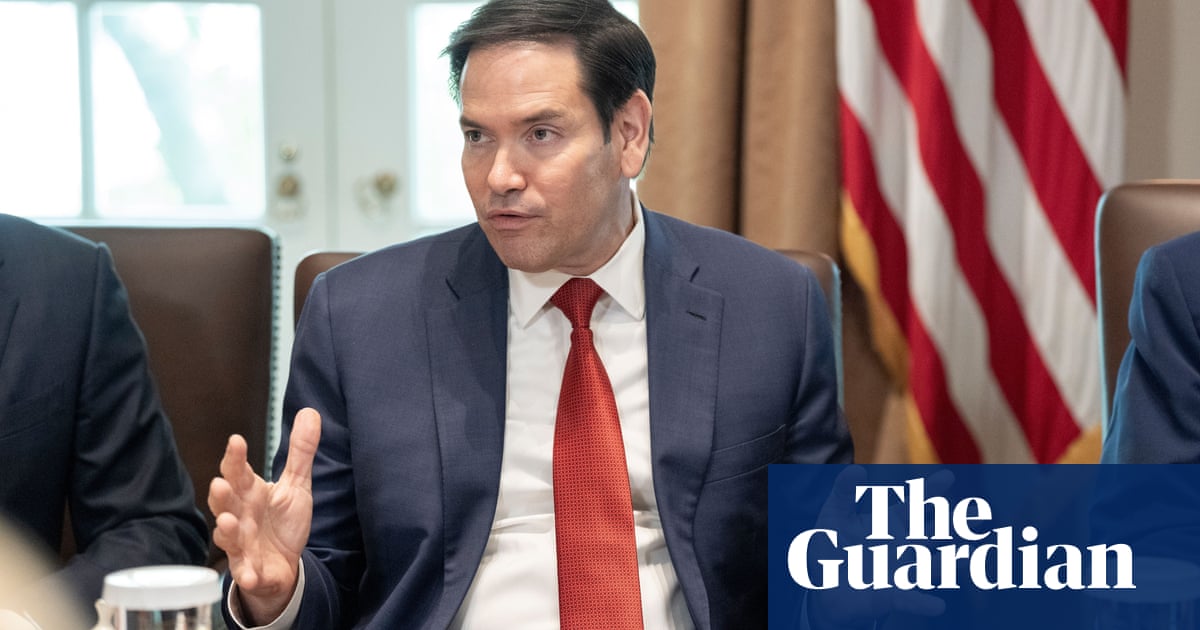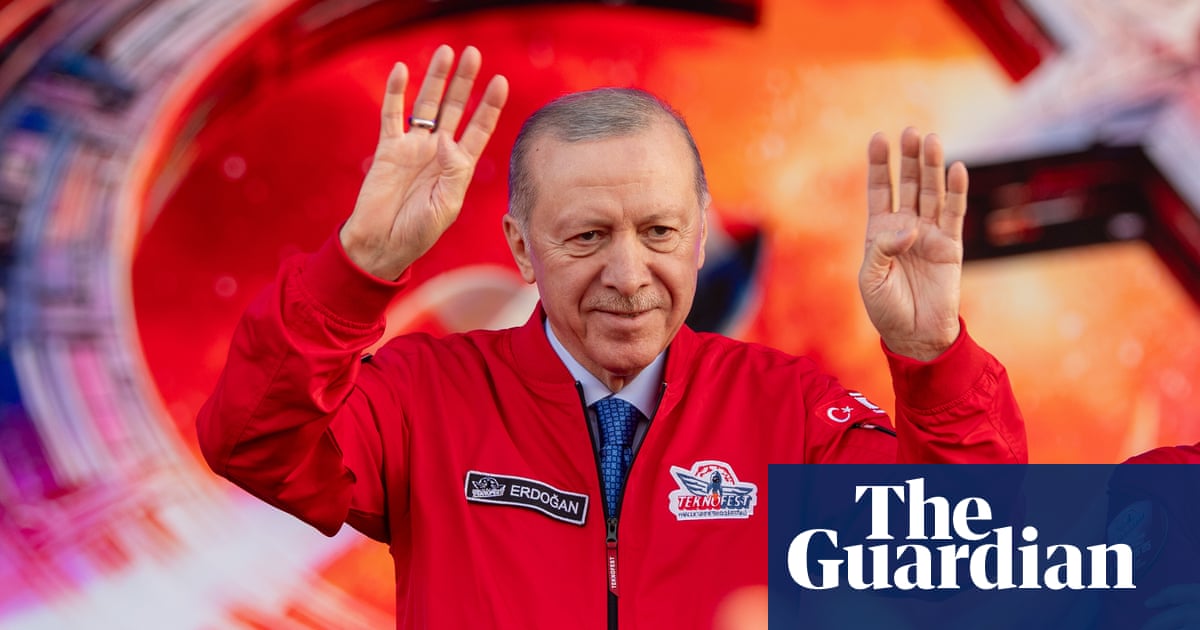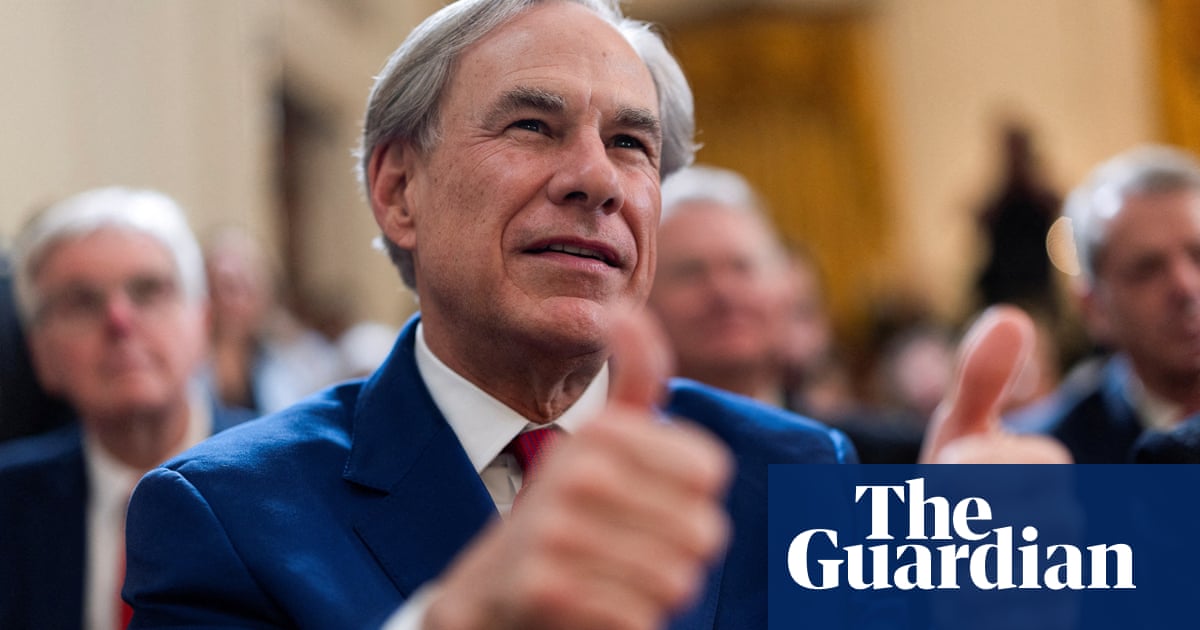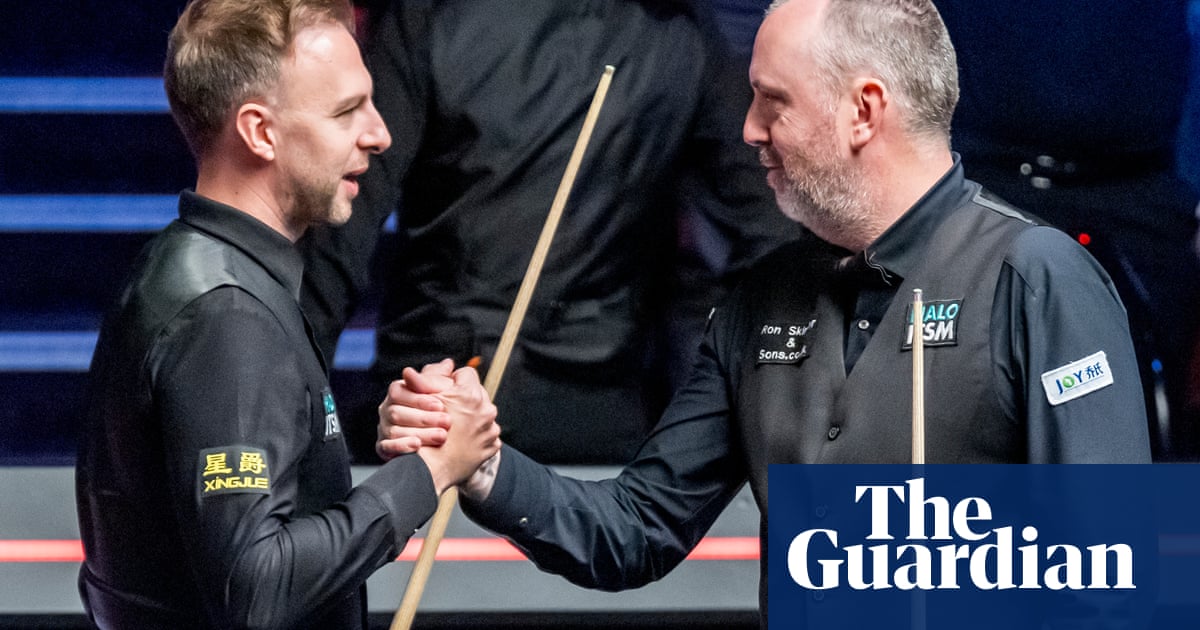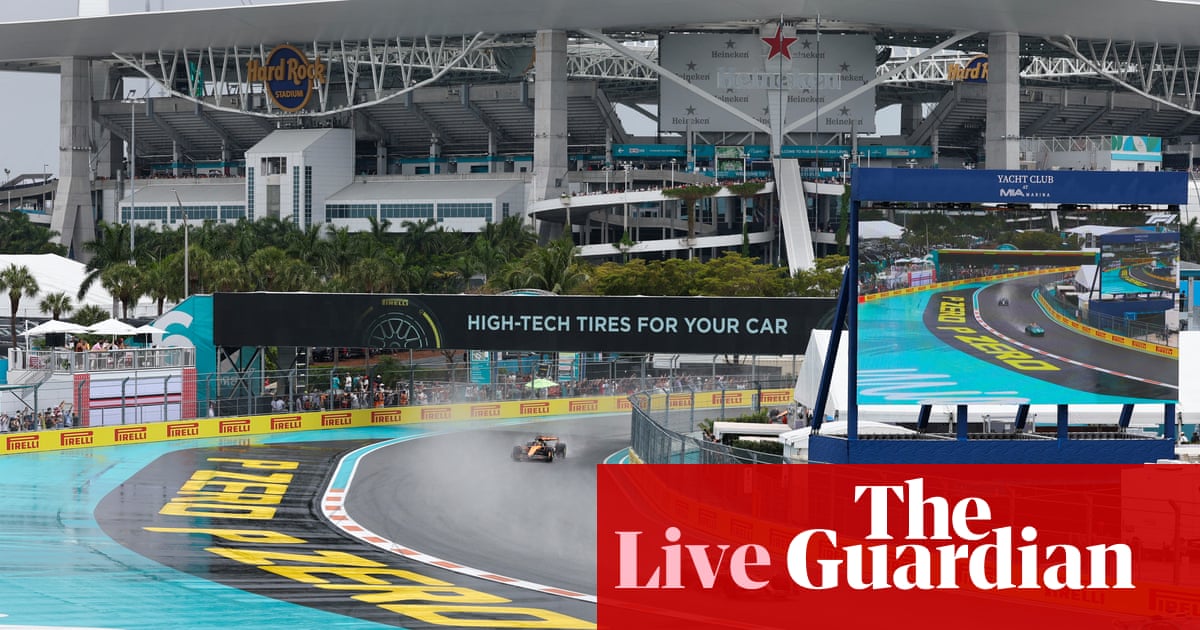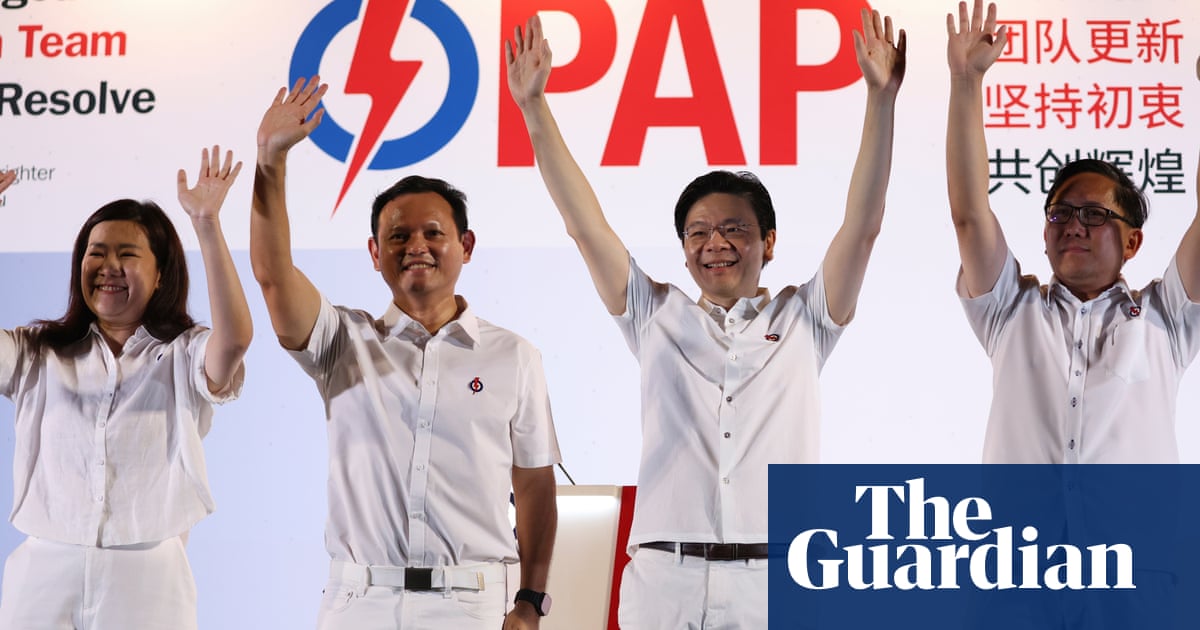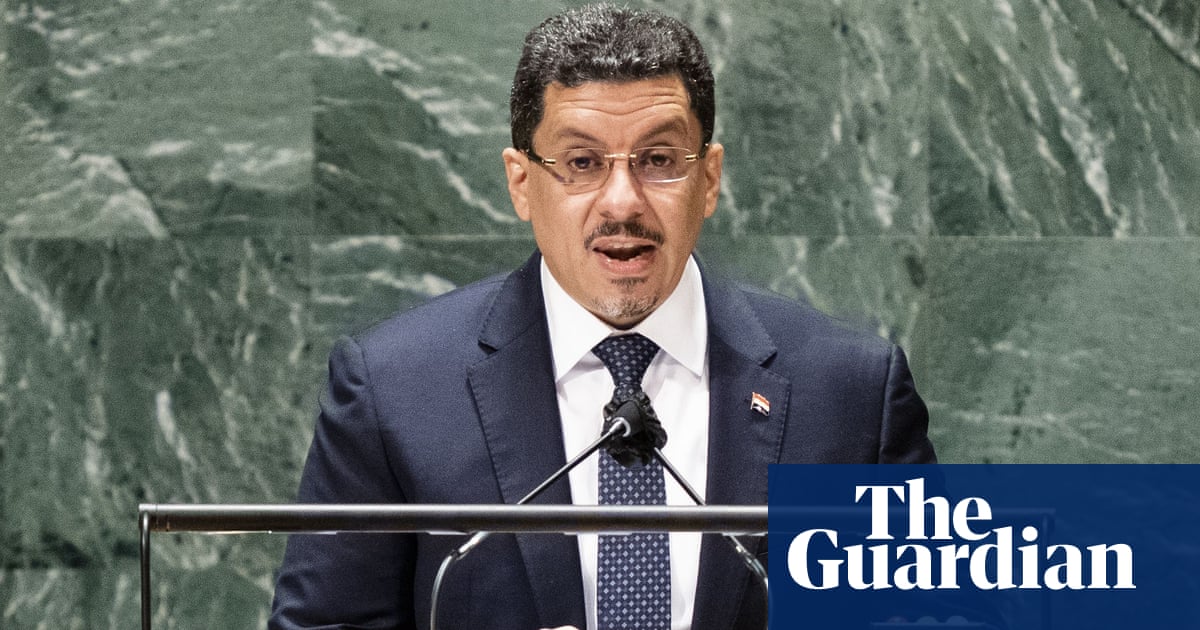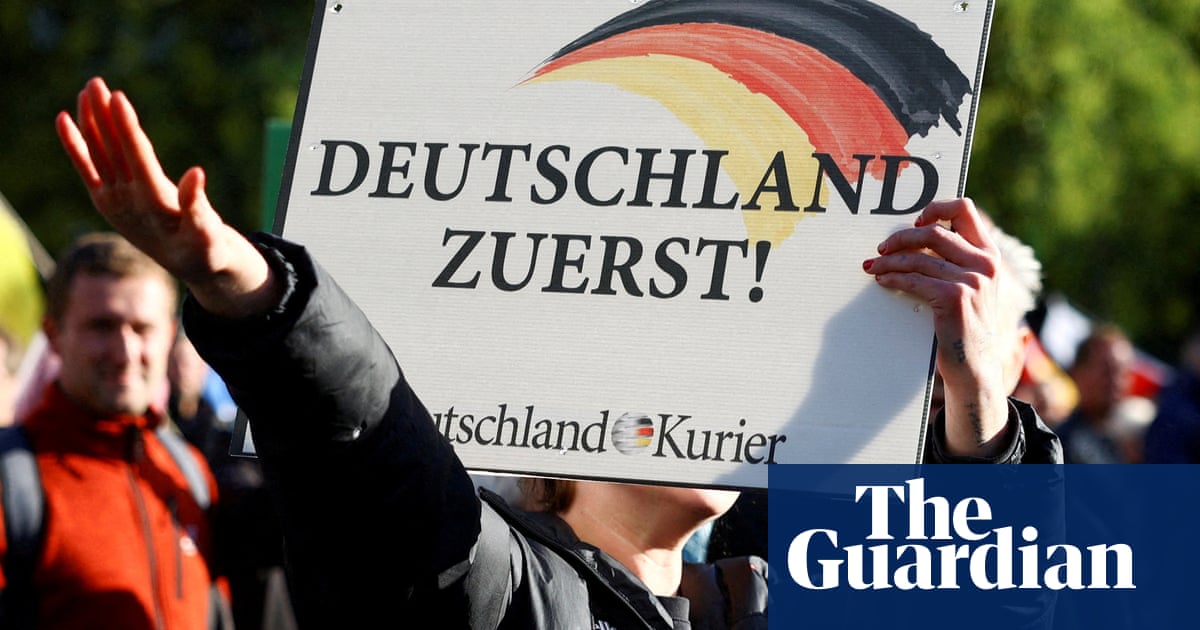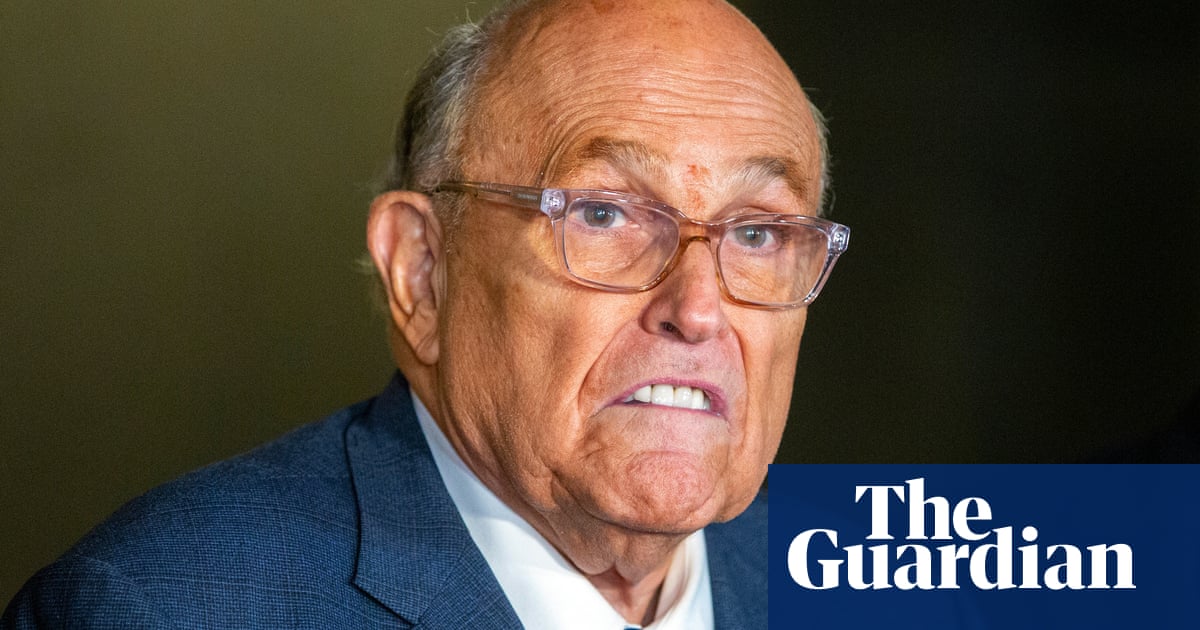Referees have never been so disdained and despised as they are now. Those who do not think they are corrupt, think they are incompetent. Standards, apparently, have never been lower. Clubs and their fans rage about conspiracies. But even in the present context, the scenes at the end of last Saturday’s Copa del Rey final were unprecedented as Antonio Rüdiger threw an ice-pack at the referee Ricardo de Burgos Bengoetxea.
And to think this is a club that used to pride itself on its sense of its señorio, its gentlemanliness, to the extent that in Steve McManaman’s day players were given a code of conduct; the familiar line used to be whinging about referees was for the cry-babies of Barcelona.
But this season alone Real Madrid have boycotted the Ballon d’Or ceremony after it became apparent that Vinícius Júnior would not win, alleged a refereeing conspiracy against them and then refused to perform pre-match media duties before the Copa del Rey final while fuelling rumours that they would not turn up for the game.
Real Madrid TV had also, as it does with all referees before every game, highlighted past decisions De Burgos Bengoetxea had made against them, reducing him to tears in his pre-match media appearances. In the heat of the moment, players do occasionally lose the run of themselves, even if not quite as shamefully as Rüdiger did.

Far more toxic are those destructive acts of pettiness instituted at executive level, not least because they create an environment in which players and fans, conditioned to believe they are being persecuted, are far more likely to react badly.
At the heart of it all, the ageing general in his labyrinth, sits Florentino Pérez, who has been Madrid president for all but three years of this century. He has been wildly successful, with seven Champions League titles and a revenue 25% higher than that of the next wealthiest club in the world and yet he is at war with everybody, a 78-year-old watching the world changing around him, insisting it is all fixed against him.
It is an ancient theme but this is a very modern story of populism and propaganda, of the failure of traditional journalism and the rise of social media, of hyper-partisanship and self-interested power destroying a culture.
It was startling during the Super League fiasco to see how Pérez’s nonsense would be faithfully reported by a complaisant local media, even as the rest of the world saw delusion. But even Marca and AS are not so wholeheartedly supportive any more,
with the reliably madridista AS editor Alfredo Relaño, writing a column for El País last week in which he criticised Pérez for not pursuing Barcelona harder for having José María Enríquez Negreira, the then vice-president of the referees technical committee, on their payroll between 2003 and 2010.
In other times, it is possible to imagine Madrid making more of Barcelona’s shambolic financial situation, the questionable audits and the reluctance of Uefa to take action against them. But Pérez needs Barcelona, because they are the only club left backing his doomed Super League project.
Lose Joan Laporta and Pérez would be completely alone. He has messed up another great side: just as the team that had won two Champions Leagues in the early 2000s was undermined by the sale of Claude Makélélé, the preference for celebrity over balance, so the team that won the league and Champions League last season has been undone by the failure to replace Toni Kroos and by the addition of Kylian Mbappé, a third left-sided forward who wants to cut in and struggles to perform defensive duties.
That is not the only failure. The renovated Bernabéu may look impressively futuristic, but it cost €1.76bn (£1.51bn). VIP boxes have not been built and concerts cannot be staged there after protests from neighbours; two of the income streams that could have helped pay off the debt have been severely compromised.
after newsletter promotion

The dispute with the league means that television companies cannot broadcast from the stadium before or after games. The refusal to perform media duties before the Copa del Rey final was part of a broader pattern. Rights holders paid to have their studios in the ground and to conduct post-match player interviews, Madrid deny them and yet nothing is done. There is a staggering and highly corrosive lack of responsibility or self-reflection, while Madrid fill the gap with influencers who produce content rather than performing the journalistic duty of holding power to account.
Decline on the pitch has been followed by decline off it. There is a temptation to trace this back to José Mourinho’s time at the club. He was not the first manager to inhabit a post-truth world, but he was the first openly to acknowledge that a game begins in the press conference that follows the previous match. But he was a symptom not a cause. One of the reasons Barcelona rejected Mourinho in 2008 and Manchester United rejected him in 2013 was a fear that he did not fit the values of the club. For Madrid, the situation in 2010, with Barcelona rampant and Pep Guardiola reinventing football, was so dire they felt they could not afford such morality. What followed were two years of sulphurous battle that did eventually topple Barça and Guardiola, but at enormous cost.
Madrid knew what Mourinho would do; they appointed him with their eyes open. Perhaps his example broke down some barriers and made it easier for the club once again to embrace self-interested petulance, but he was brought in by Pérez because Madrid were losing; he did not infect them. And now Madrid are losing again, Pérez has once again started lashing out at enemies, some real, but most imagined, most useful fictions to explain away the club’s decline.
Add in the baleful influence of social media, and the modern tendency for people to pick a side and support them no matter what, and the result is a tribalism so toxic that it renders football effectively ungovernable and potentially, given the absurd pressures on referees, unplayable.
One of the reasons the Victorians saw sport as having an educational role was that it taught equanimity in defeat. Not to know how to lose is childish, yet it is a lesson a septuagenarian in Madrid has seemingly still not learned.

 9 hours ago
5
9 hours ago
5
